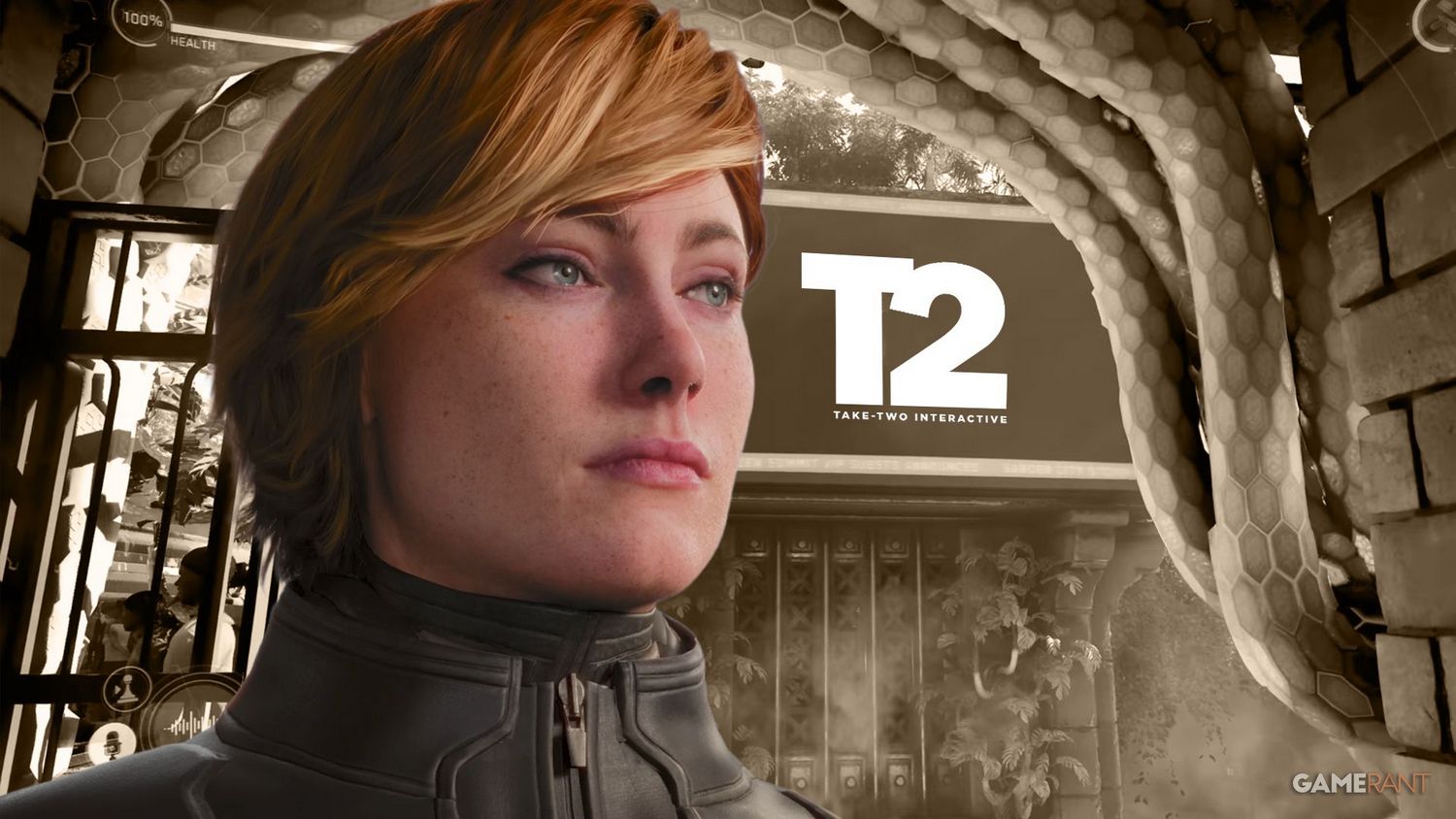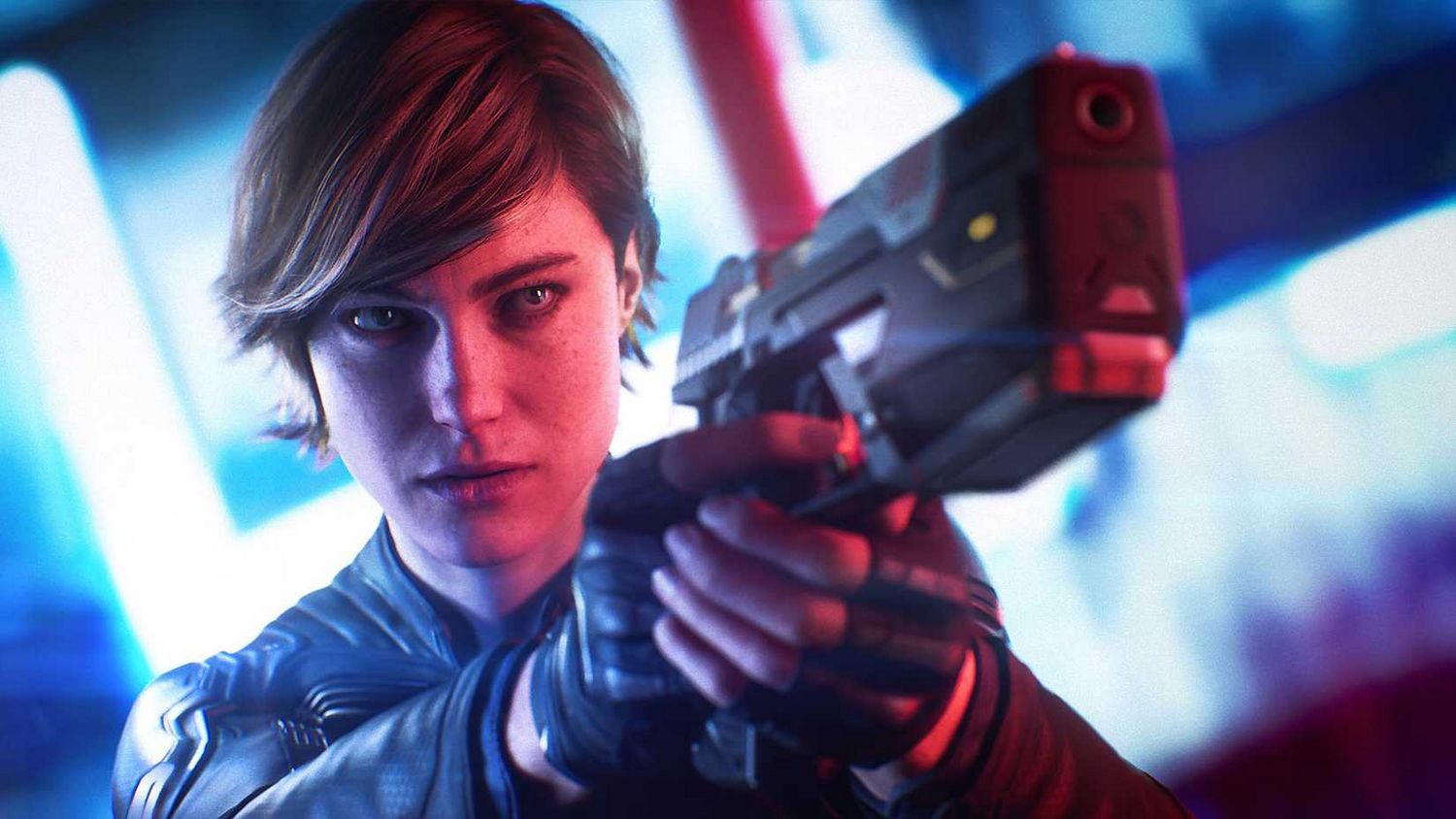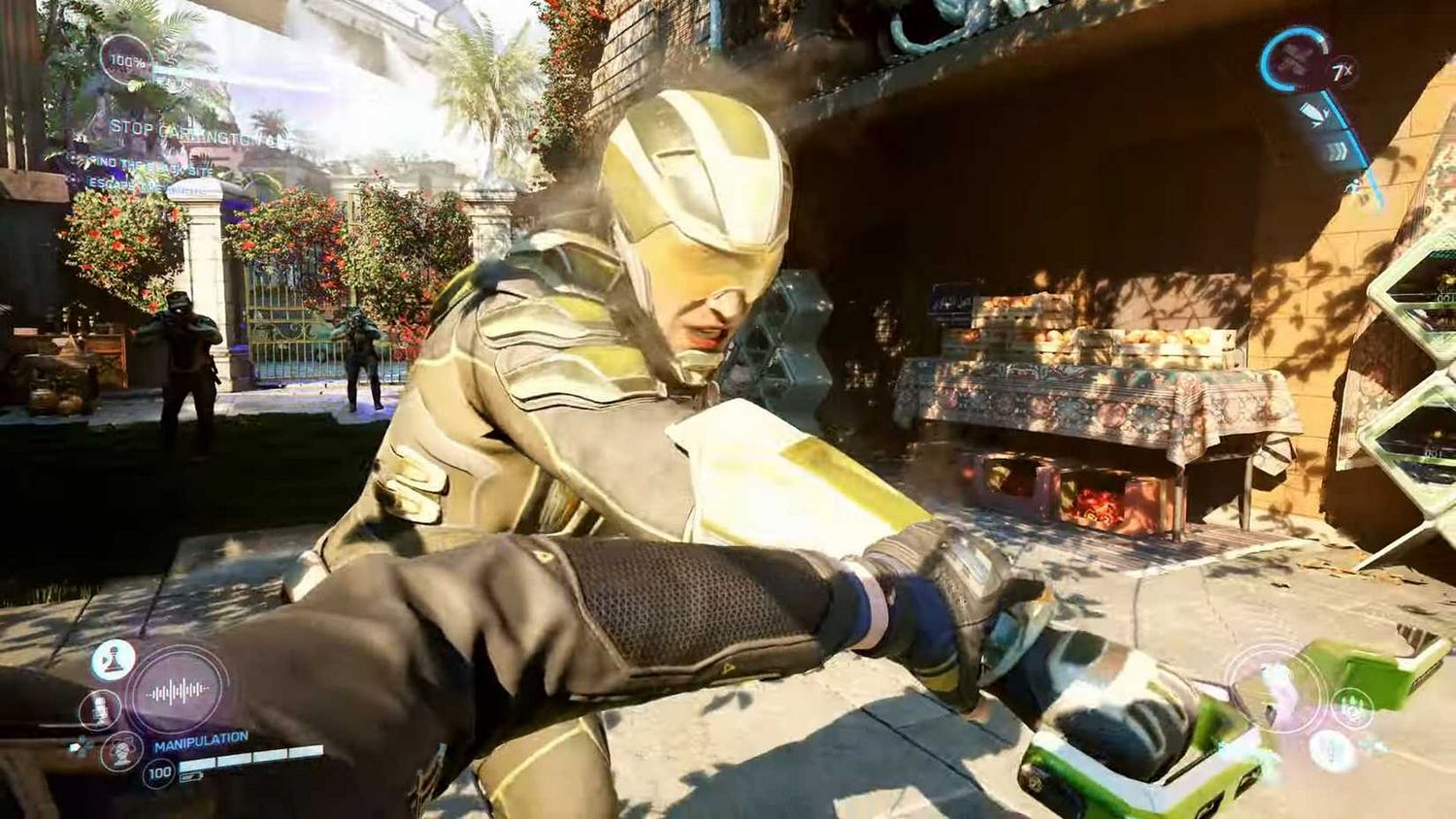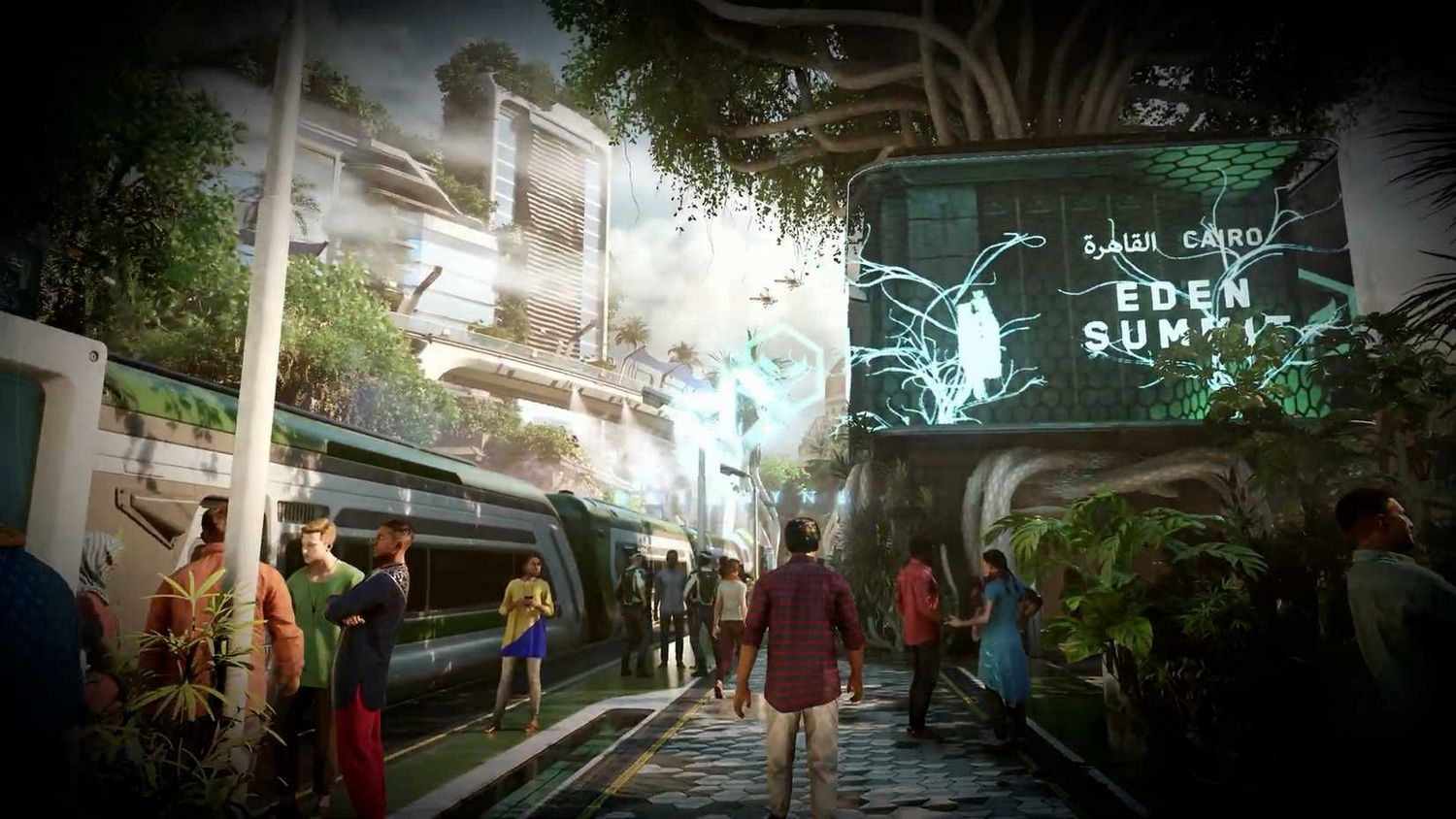A Failed Revival: Why the Perfect Dark Reboot Was Nearly Saved by Take-Two, and Why It Ultimately Collapsed
Popular Now
 BeamNG.drive
BeamNG.drive
 Among Us
Among Us
 Black Myth: Wukong
Black Myth: Wukong
 Fortnite
Fortnite
 CarX Street
CarX Street
 NBA 2K24
NBA 2K24
 Grand Theft Auto V
Grand Theft Auto V
 Free Fire
Free Fire
 Rust
Rust
 Poppy Playtime
Poppy Playtime

In a world of unexpected twists and turns, few stories are as tragic as the development of the Perfect Dark reboot. The project, which was poised to be the flagship title for Xbox’s new studio, The Initiative, was a highly-anticipated revival of a beloved classic. However, its development was reportedly a troubled one, and the game was eventually canceled as part of Microsoft’s sweeping layoffs in July 2025. But a new report from Bloomberg’s Jason Schreier has revealed a shocking and heartbreaking detail: the game was almost saved by a third-party publisher, only for the deal to fall through at the last minute. This new information has reignited a passionate discussion in the gaming community, with a massive surge in searches for “Perfect Dark reboot cancelled,” “Take-Two Perfect Dark deal,” and “Crystal Dynamics layoffs.”
The report, which has since been corroborated by other outlets, paints a picture of a project that was not completely abandoned, but was on life support. Following Microsoft’s decision to shutter The Initiative, the remaining developers at co-developer Crystal Dynamics, which was owned by Embracer Group, were given a small window of opportunity to find new funding. This set off a frantic, two-month-long search for a new publishing partner, and at the top of the list was Take-Two Interactive, the parent company of Rockstar Games and 2K. The fact that a company of Take-Two’s stature was interested in the project is a testament to the potential of the game itself, but the deal ultimately collapsed, leading to layoffs at Crystal Dynamics and the definitive end of the Perfect Dark reboot.
 The Deal That Fell Through: A Disagreement Over Ownership
The Deal That Fell Through: A Disagreement Over Ownership
The failure of the Take-Two deal is a perfect example of the complexities of modern game development and IP ownership. According to Schreier, the negotiations collapsed “at least in part because the companies involved were unable to come to terms over long-term ownership of the Perfect Dark franchise.” This is a crucial detail. Take-Two, a company known for its long-term strategy and for holding on to its franchises, was reportedly interested in acquiring the IP outright. Microsoft, which owns the Perfect Dark IP through its acquisition of Rare in 2002, was likely unwilling to part with it. This fundamental disagreement, a battle over who would own the rights to the future of Joanna Dark, was a dealbreaker that sealed the game’s fate. It is a frustrating and tragic outcome, as it shows that a great game was not killed by a lack of potential or by the market’s disinterest, but by a legal and corporate disagreement.
 The Human Cost: The Aftermath of a Failed Deal
The Human Cost: The Aftermath of a Failed Deal
The collapse of the Take-Two deal had a devastating human cost. With no other viable options on the table, Crystal Dynamics was forced to officially abandon the project and, in the process, lay off an unspecified number of employees. These were the developers who had been working tirelessly on the game for months, and they were the ones who had a front-row seat to the deal’s collapse. Their jobs were, in essence, collateral damage in a corporate battle over IP rights. This is a grim reminder that in the world of video game development, the livelihoods of developers are often tied to the whims and business decisions of major corporations. The layoffs at Crystal Dynamics, which were also reportedly a result of “evolving business conditions” at Embracer, are a perfect and heartbreaking illustration of this. The dream of the Perfect Dark reboot was not just a canceled project; it was a lost opportunity for the developers who poured their hearts and souls into it.
 The Lessons of a Lost Project
The Lessons of a Lost Project
The story of the Perfect Dark reboot is a cautionary tale for the industry. It is a story about the dangers of overpromising and under-delivering, and it is a story about the complexities of co-development between two major studios. But most importantly, it is a story about the dangers of corporate greed and a lack of creative trust. The fact that Microsoft would rather let a beloved franchise and a highly-anticipated game die than part with the rights to it is a deeply depressing and cynical outcome. The company, which is already under fire for its seemingly endless rounds of layoffs, is now also being criticized for holding a valuable IP hostage. The game, which had reportedly shown a promising gameplay trailer at the Xbox Games Showcase in 2024, had a clear vision and a passionate team behind it. It had a second chance at life, but it was snatched away by a corporate battle that had nothing to do with the quality of the game itself. The fate of the Perfect Dark reboot is a stark reminder that in the modern gaming industry, a great game is not just a work of art; it is a piece of property, and sometimes, that is all that matters.
In conclusion, the news that Take-Two almost saved the Perfect Dark reboot is a tragic but important piece of information. It gives us a clearer picture of the game’s final days and it shows us exactly why it was ultimately killed. The project was not a lost cause; it had a chance at life, but it was lost to a conflict over IP rights. For fans who were waiting patiently for the game, this is a painful and frustrating end to a long, tumultuous journey. The hope is that someday, Joanna Dark will make her return, but for now, her future is locked away in a dusty vault, a victim of a deal that was simply too perfect to be true.









